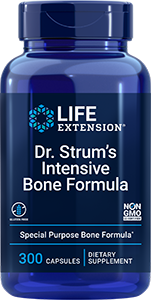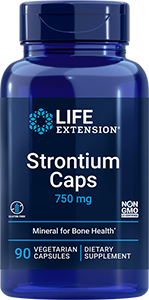| An article published online on November 4, 2010 in the journal Translational Stroke Research reports a neuroprotective effect for docosahexaenoic acid (DHA) if given within 5 hours following ischemic stroke. Ischemic stroke is caused by the blockage of blood flow to the brain as a result of a clot or plaque in the arteries. Damage to the area surrounding the site of the blockage becomes irreversible within a few hours without the reestablishment of blood flow and the administration of therapies that protect against inflammation and free radical formation. Louisiana State University Health Sciences Center Director of the Neuroscience Center of Excellence Dr Nicolas Bazan and his associates induced stroke in rats by occluding the middle cerebral artery for two hours. In a preliminary experiment, the animals were divided to receive DHA intravenously 3, 4, 5 or 6 hours following cerebral artery occlusion, or saline 3 hours post-stroke. Behavioral tests were conducted during the occlusion and 1, 2, 3 and 7 days following the procedure, followed by examination of the brain. A second experiment involved the administration of DHA 3 hours after the occlusion and the assessment of brain damage 1, 3 and 7 days later by magnetic resonance imaging. In a third experiment, the rats were given DHA or saline 3 hours after stroke onset, after which their brains were examined for the presence of neuroprotectin D1 (NPD1), a substance for which DHA is a precursor, that has cell-protective and anti-inflammatory effects. The first experiment found a reduction in neurologic deficits in rats that received DHA compared with saline treated rats, even when DHA was administered 5 hours after the onset of stroke. Treatment with DHA reduced total infarct volume by 40 percent when given 3 hours after stroke, by 66 percent when given 4 hours later and by 59 percent when administered after 5 hours. In the study involving the use of MRI, DHA treatment was associated with smaller infarcts which were indistinguishable from normal tissues by the seventh day post-stroke. The third experiment revealed increased NPD1 synthesis in the area surrounding the infarct in the DHA treated group compared to animals that received saline. The findings help identify a possible treatment for stroke as well quantify the time limit of its effectiveness. "We are just now beginning to understand the significant impact of omega-3 essential fatty acids on stroke," Dr Bazan stated. "There is no simple solution just yet, but each new discovery brings us closer to defeating stroke and other debilitating neurodegenerative diseases." "We are in an unprecedented time, from a public health point of view, in regards to tackling stroke and other neurodegenerative disorders," he observed. "Stroke is an outright attack on the nervous system, and each year stroke kills over 150,000 Americans. Truly for the first time, translational research and the clinics are poised to converge in their public health efforts to combat stroke. From a therapeutic point of view, we can now see a light at the end of the tunnel. What we need now is for the political and societal views on stroke to converge in the same way that the research laboratories and hospitals are now doing. This would be a major step forward in fighting this disease." |
















